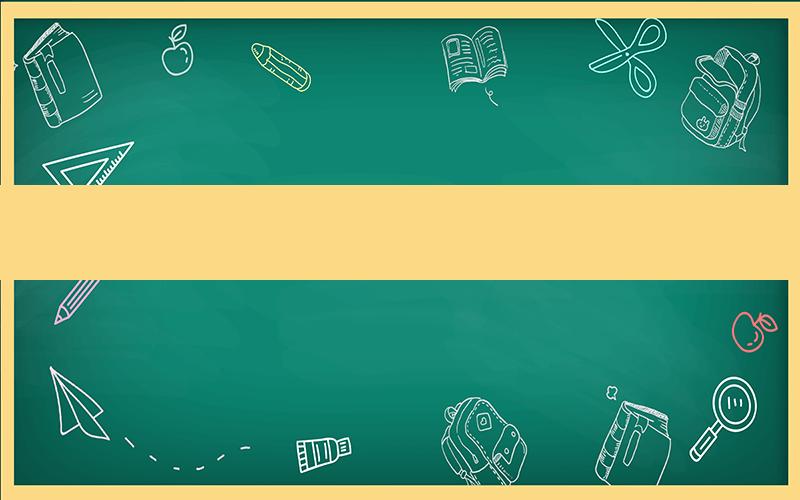
Introduction:
Gambling addiction is a complex and challenging issue that affects millions of individuals worldwide. Many people wonder how difficult it is to break free from the grip of gambling and lead a life of freedom. This article delves into the intricacies of overcoming gambling addiction, exploring the difficulties faced by individuals on their journey towards recovery.
1. Understanding the Nature of Gambling Addiction:
Gambling addiction is characterized by an irresistible urge to gamble, despite the negative consequences it may have on one's life. It is often categorized as a behavioral addiction, similar to drug or alcohol addiction. Understanding the nature of gambling addiction is crucial in recognizing the challenges involved in overcoming it.
1.1 The Psychological Aspect:
The psychological aspect of gambling addiction is rooted in the brain's reward system. When individuals engage in gambling, the brain releases dopamine, a neurotransmitter associated with pleasure and satisfaction. This reinforces the desire to continue gambling, making it difficult to resist the urge.
1.2 The Social and Environmental Factors:
Social and environmental factors also play a significant role in the development and maintenance of gambling addiction. Peer pressure, exposure to gambling advertisements, and the availability of gambling venues can all contribute to the addiction. Understanding these factors helps in addressing the challenges faced in overcoming gambling addiction.
2. The Challenges of Overcoming Gambling Addiction:
Breaking free from the cycle of gambling addiction is a daunting task, as it requires overcoming a range of challenges. Here are some of the difficulties individuals may encounter on their journey towards recovery:
2.1 Overcoming the Urge to Gamble:
The urge to gamble is often powerful and can be difficult to resist. Individuals may experience intense cravings, anxiety, and restlessness when they try to abstain from gambling. Overcoming this urge requires strong willpower, support from loved ones, and alternative coping mechanisms.
2.2 Addressing Financial Consequences:
Gambling addiction often leads to significant financial problems. Individuals may find themselves in debt, facing eviction, or struggling to meet their basic needs. Overcoming gambling addiction involves addressing these financial consequences, seeking financial counseling, and developing a budgeting plan.
2.3 Dealing with Emotional and Psychological Distress:
Gambling addiction can have a profound impact on an individual's emotional and psychological well-being. Feelings of guilt, shame, and depression are common. Overcoming gambling addiction requires addressing these emotional and psychological issues through therapy, counseling, or support groups.
2.4 Coping with Relapse:
Relapse is a common challenge in overcoming gambling addiction. Individuals may find themselves returning to gambling despite their best efforts. Dealing with relapse involves understanding the triggers, developing strategies to prevent relapse, and seeking support from professionals or support groups.
3. Strategies for Overcoming Gambling Addiction:
While overcoming gambling addiction is challenging, there are several effective strategies that can aid in the recovery process:
3.1 Seeking Professional Help:
Professional help, such as therapy or counseling, can provide individuals with the necessary tools and support to overcome gambling addiction. Therapists can help individuals address underlying issues, develop coping mechanisms, and provide personalized guidance.
3.2 Joining Support Groups:
Support groups, such as Gamblers Anonymous, offer a safe and supportive environment for individuals struggling with gambling addiction. Sharing experiences, receiving encouragement, and learning from others' journeys can be incredibly beneficial.
3.3 Developing Alternative Activities:
Finding healthy and enjoyable activities to replace gambling can help individuals stay occupied and engaged. Engaging in hobbies, exercising, and spending time with loved ones can provide fulfillment and reduce the urge to gamble.
3.4 Building a Strong Support Network:
Surrounding oneself with supportive individuals is crucial in overcoming gambling addiction. Friends, family, and professionals can offer encouragement, provide guidance, and help individuals stay accountable.
3.5 Setting Clear Goals and Boundaries:
Setting clear goals and boundaries is essential in maintaining sobriety. Individuals should establish specific goals, such as avoiding gambling venues or limiting their exposure to gambling-related content. Sticking to these goals can help prevent relapse.
Conclusion:
Overcoming gambling addiction is a challenging journey, but it is possible with the right strategies and support. Understanding the nature of gambling addiction, addressing the associated challenges, and seeking professional help can make a significant difference. By developing a strong support network, engaging in alternative activities, and setting clear goals, individuals can break free from the grip of gambling and lead a life of freedom.
Questions and Answers:
1. Q: Can gambling addiction be cured completely?
A: Yes, gambling addiction can be cured completely. With the right treatment, support, and commitment to recovery, individuals can overcome their addiction and lead a fulfilling life.
2. Q: Is it possible to overcome gambling addiction without seeking professional help?
A: While it is possible to overcome gambling addiction without professional help, it is often more challenging. Professional help, such as therapy or counseling, can provide individuals with the necessary tools and support to increase their chances of successful recovery.
3. Q: How long does it take to overcome gambling addiction?
A: The duration of overcoming gambling addiction varies from person to person. Some individuals may experience immediate relief, while others may require several months or even years of treatment and support.
4. Q: Can family members or friends help in overcoming gambling addiction?
A: Yes, family members and friends can play a crucial role in supporting individuals struggling with gambling addiction. Offering love, understanding, and encouragement can help individuals stay motivated and committed to their recovery journey.
5. Q: Are there any medications available to treat gambling addiction?
A: Currently, there are no medications specifically designed to treat gambling addiction. However, some medications may be prescribed to address underlying psychological issues or co-occurring disorders. It is important to consult with a healthcare professional for appropriate treatment options.